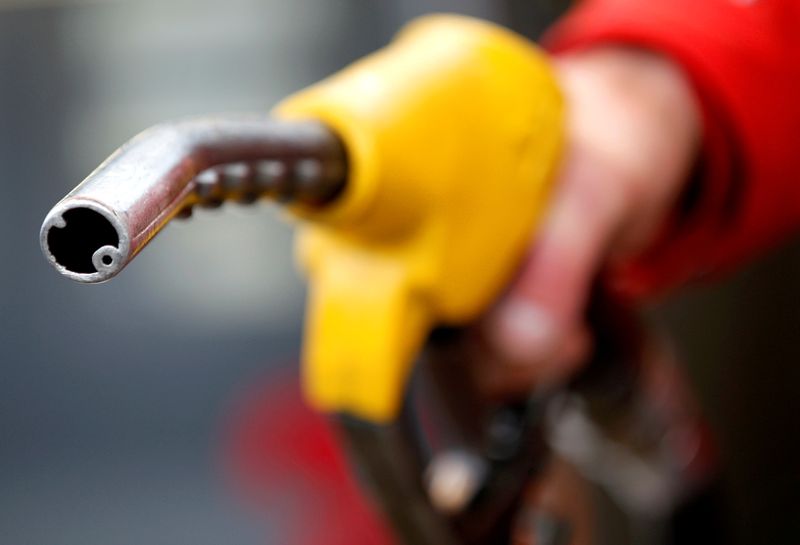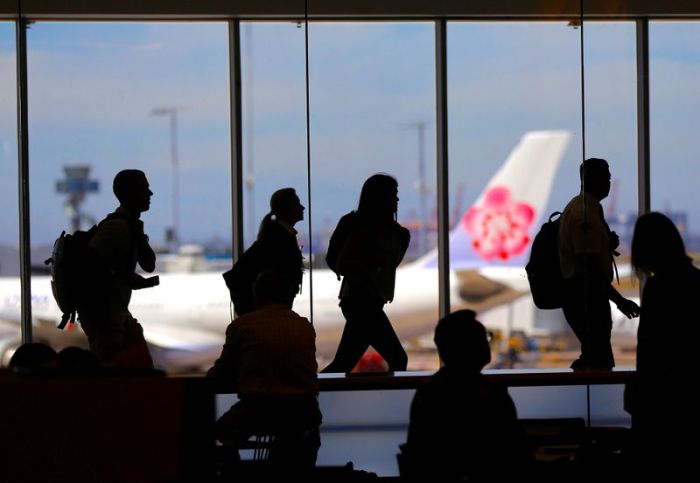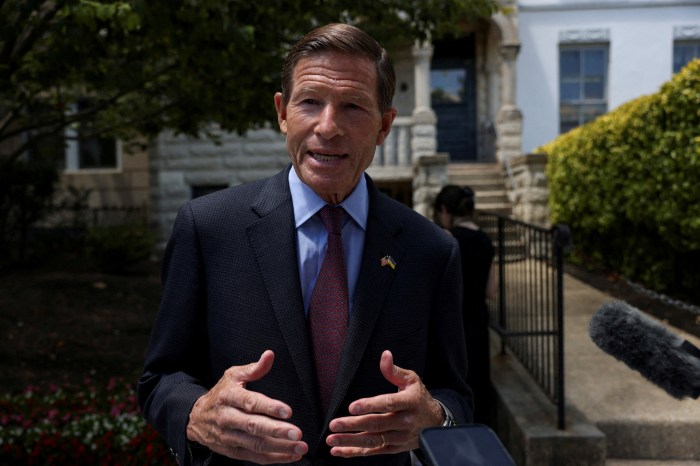By Bozorgmehr Sharafedin
LONDON (Reuters) -Oil prices rose on Monday, driven higher after OPEC+ nations called off talks on output levels, meaning no deal to boost production has been agreed.
Brent was up 94 cents, or 1.2%, at $77.11 a barrel by 1652 GMT, trading around 2-1/2 year highs. U.S. oil gained $1.11, or 1.5%, to $76.27 a barrel.
OPEC+ ministers abandoned the talks and set no new date to resume them, after clashing last week when the United Arab Emirates rebuffed a proposed eight-month extension to output curbs.
The Organization of the Petroleum Exporting Countries and its allies, a group known as OPEC+, agreed on record output cuts in 2020 to cope with a COVID-induced price crash.
The producers have been gradually easing the output restrictions, but a plan on Friday to lift output by about 2 million barrels per day (bpd) from August to December 2021 and to extend the pact on a series of gradual output shifts to the end of 2022 was blocked by the UAE.
The prospect of OPEC+ not adding the extra barrels to the market next month boosted prices, but also added volatility, said Rystad Energy oil markets analyst Louise Dickson, noting that prices briefly turned negative.
“The fact that the meeting got postponed today and the time it took for this to be announced shows that there are some negotiations on the sidelines,” she said.
ING Economics said OPEC+’s failure to come to a deal may provide some brief upside to oil prices but said “it could also signal the beginning of the end for the broader deal, and so the risk that members start to increase output.”
Thin trading on a U.S. holiday to mark Independence Day added to volatility, and prices could move sideways in the near term on “buyer fatigue” after a long bullish trend, said RBN Energy senior analyst Martin King.
Prince Abdulaziz bin Salman, energy minister of Saudi Arabia, the biggest oil exporter in OPEC, called on Sunday for “compromise and rationality” to secure a deal.
The standoff coincides with uncertainty about the course of the pandemic and concerns about the spread of the Delta variant of the coronavirus.
But positive European economic data offered some support. Euro zone businesses expanded activity at the fastest rate in 15 years in June as easing coronavirus restrictions revived the service industry, a survey showed on Monday.
In the United States, energy companies increased oil and natural gas rigs for a third week out of the last four.,,.
(Reporting by Bozorgmehr Sharafedin in London; Additional reporting by Aaron Sheldrick and Rod Nickel; Editing by Emelia Sithole-Matarise, Edmund Blair and Barbara Lewis)

























